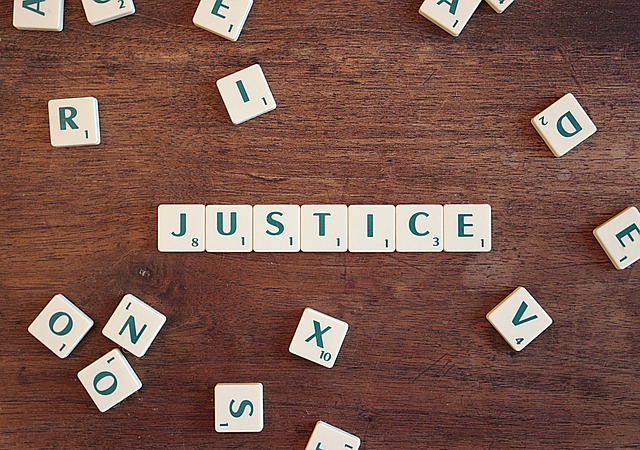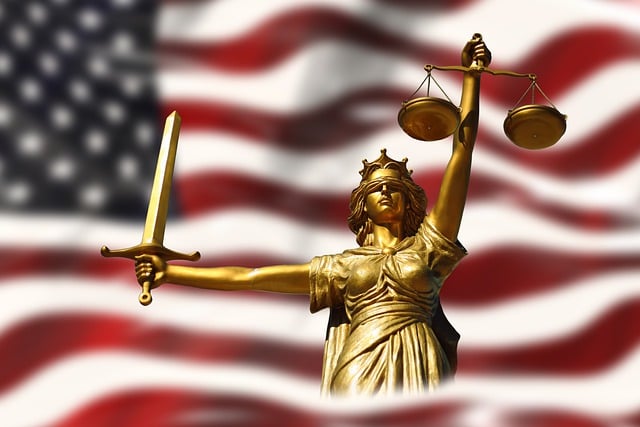Understanding How Due Process Affects Sentencing is essential for ensuring justice in civil and criminal cases. It protects rights from arrest to sentencing, guiding legal professionals through evidence scrutiny, impartial instructions, and fair procedures. Proper handling of evidence and adherence to due process standards lead to just outcomes, maintaining the integrity of the justice system and fostering public trust.
Litigation Support Services play a pivotal role in ensuring fairness and accuracy within legal proceedings. This article delves into the intricate dynamics of due process, exploring its profound impact on sentencing strategies. We examine how adherence to due process principles influences legal procedures and shapes the role of evidence. Furthermore, we highlight best practices for support services aimed at enhancing overall fairness, offering a comprehensive guide in understanding How Due Process Affects Sentencing.
- Understanding Due Process in Litigation
- Impact of Due Process on Sentencing Strategies
- Role of Evidence and Legal Procedures
- Enhancing Fairness: Best Practices for Support Services
Understanding Due Process in Litigation

In litigation, due process ensures fairness and justice throughout the legal proceedings, from pre-trial to sentencing. It’s a cornerstone for achieving extraordinary results in both civil and general criminal defense cases. Understanding how due process affects sentencing is paramount. This involves ensuring that defendants are informed of the charges against them, providing an opportunity to confront accusers, and having access to legal counsel—all fundamental rights guaranteed by the constitution.
The concept translates directly into the sentencing phase, where a judge determines a fair punishment based on established laws and guidelines. In jury trials, due process further mandates that jurors be instructed impartially and delved with evidence, ensuring their decisions are free from bias. This meticulous adherence to due process not only safeguards the rights of the accused but also strengthens the integrity of the legal system as a whole.
Impact of Due Process on Sentencing Strategies

The concept of due process plays a pivotal role in shaping sentencing strategies within the legal framework. It ensures that individuals facing criminal charges are afforded fairness and protection throughout the judicial process, from arrest to sentence. This fundamental principle mandates that accused persons have the right to be informed of the nature and cause of the accusation against them, providing an opportunity to prepare a defense.
Understanding how due process affects sentencing is crucial. By adhering to these processes, legal professionals can navigate complex cases effectively. For instance, when crafting a challenging defense for his clients, a lawyer must consider the evidence presented and ensure it meets the standards set by due process. This may involve scrutinizing the collection and admissibility of evidence, thereby potentially leading to winning challenging defense verdicts. Ultimately, the impact of due process on sentencing strategies guides legal practitioners in advocating for just outcomes while upholding the integrity of the justice system.
Role of Evidence and Legal Procedures

The role of evidence and legal procedures is pivotal in litigation support services. Proper handling of evidence ensures that every piece of information presented in court is authentic, relevant, and admissible under the law. This involves meticulous documentation, preservation, and presentation of facts to facilitate a fair trial process. Legal procedures, on the other hand, dictate the step-by-step approach to achieving justice, including discovery, motions, and trials. These processes are designed to uphold due process, ensuring that all parties involved have a chance to present their cases fully and fairly.
How due process affects sentencing cannot be overstated. A robust legal procedure guarantees that verdicts are based on substantial evidence and legal arguments, leading to winning challenging defense verdicts or, in some cases, the complete dismissal of all charges for his clients. This not only protects the rights of the accused but also strengthens the integrity of the justice system, fostering public trust and ensuring that the pursuit of justice remains a cornerstone of society.
Enhancing Fairness: Best Practices for Support Services

Ensuring fairness is paramount in litigation support services, especially in high-stakes cases where the consequences can be profound. Best practices for support services focus on upholding due process throughout every stage of the investigative and enforcement process. This involves providing transparent procedures that offer all parties involved ample opportunities to present their cases and defend against allegations.
By implementing these practices, litigation support services can mitigate potential biases and ensure that sentencing reflects the facts and evidence accurately. Understanding how due process affects sentencing is crucial in avoiding indictment or misapplication of justice. Ultimately, this approach fosters a more equitable system, promoting trust and confidence in legal processes, particularly when dealing with complex and sensitive matters.
Due process plays a pivotal role in shaping sentencing strategies, ensuring fairness and integrity within litigation. By understanding and adhering to established legal procedures and evidence management practices, support services can significantly enhance the overall justice system. This article has explored the critical components of due process, its influence on sentencing, and best practices for optimizing fairness. Implementing these principles is essential for maintaining a robust and equitable legal landscape, where every individual receives a thorough and just evaluation during litigation.






